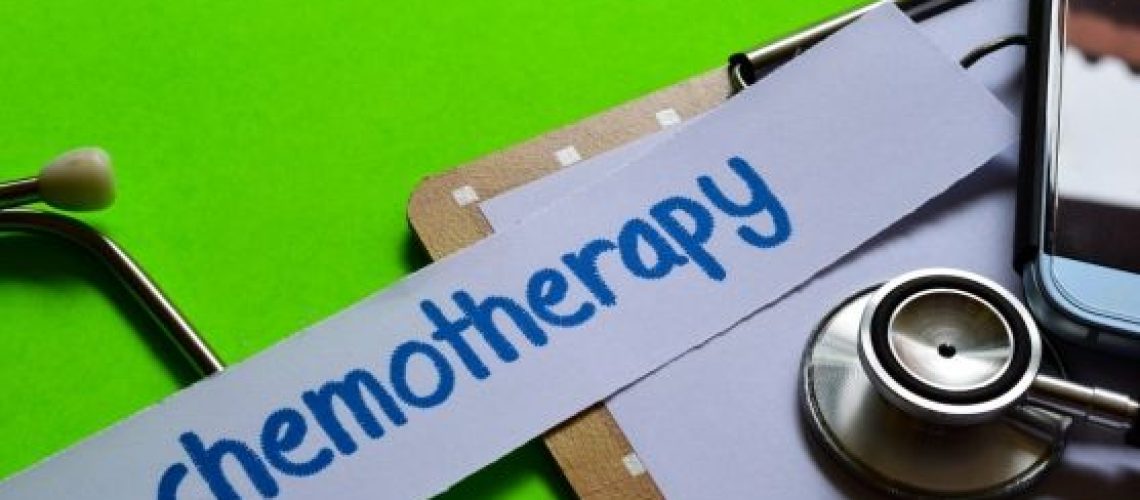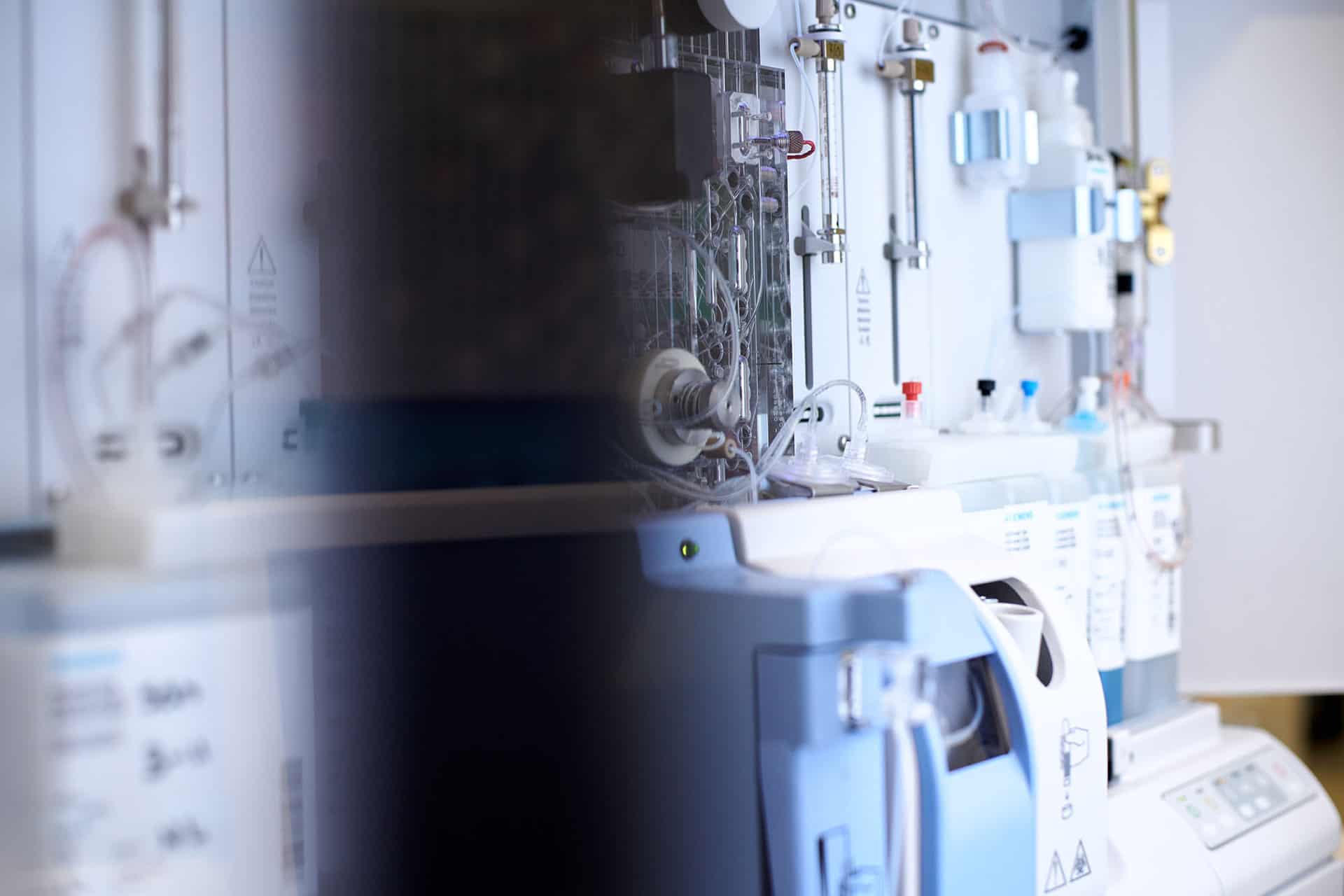Cancer is always scary and alas very common. Moreover, everyone is at risk of getting cancer. Likely, we have some good options for cancer treatment that can sometimes give promising results. One of them is chemotherapy. This type of cancer treatment works by destroying fast-growing cancer cells, however, it also has unpleasant health effects.
Although chemotherapy kills cancer cells, it also kills healthy cells as it can’t distinguish between cancer cells and normal cells. This means that chemo can wreak havoc on your overall health.
Chemo drugs prevent fast-reproducing cells (like those of a tumor) from growth and destroy them, therefore they’re most likely to destroy healthy cells in your mouth, hair follicles, digestive system, reproductive system, and blood-forming cells in your bone marrow. They can also negatively impact cells in other parts of your body such as kidneys, heart, bladder, lungs, and nervous system.
Yes, it sounds scary but it doesn’t necessarily mean you’ll have all of these chemo-related issues. You might get many, two, or none, and they might be much milder. Specialists usually give chemo medications at moderate levels to kill cancer while causing minimum side effects.
We’ve collected some common side effects of chemotherapy that are important to know when preparing for chemotherapy.
1. Fatigue
Cancer-induced fatigue is not like regular fatigue. Rest won’t help you get rid of it completely and even doing simple things might be hard and exhausting.
There are some reasons for chemo-related fatigue but other side effects such as lack of sleep, constant stress, and other effects might worsen your poor well-being. Chemotherapy also destroys blood-forming cells in the bone marrow which can result in severe iron deficiency and thus make you extremely exhausted.
You can also have the constant urge to rest but this might actually affect your energy levels making it harder to sleep at night. Therefore, experts recommend staying active despite your fatigue to maintain normal night sleep. Aerobic and strength exercises are especially beneficial since they will help you sleep and improve overall health.
2. Changes in Your Appetite and Weight
Chemotherapy can cause food to taste metallic or bitter. Moreover, it can also lead to nausea and vomiting as well as mouth sores. These unpleasant things can negatively affect your appetite contributing to weight loss.
Your medical team will help you handle a poor appetite or unwanted weight loss. They might recommend eating small and frequent meals, focusing on high-calorie foods, and trying liquid meal supplements under their guidance. If you feel like you’re experiencing additional anxiety, which is common, there are alternative changes you can make to your diet and intake of food. This is important for those who are always feeling tired day-to-day.
3. Dry and Itchy Skin
Chemo can also affect your skin cells leading to dryness and irritation. Plus, dehydration caused by side effects of chemotherapy such as vomiting, poor nutrition, and diarrhea can worsen skin dryness.
In order to lower the risk for skin issues, drink plenty of water and eat healthy foods every day, and talk to your doctor if you’re experiencing frequent vomiting and diarrhea. Also, it’s wise to use gentle soaps and creams and apply moisturizer after you shower.
4. Bleeding and Bruising
Another common side effect of chemo is excessive bruising and bleeding. This is due to the fact that the drugs can lower the number of cells in your blood that are responsible for blood clotting. This phenomenon is called thrombocytopenia and can lead to easy bruising, frequent nosebleeds, and tiny purple or red spots to form on your skin.
However, things like avoiding over-the-counter medications that contain aspirin or ibuprofen will help you reduce this side effect. If you’re concerned about gum bleeding, talk to a dental specialist about what to do about it.
5. Nausea and Vomiting
Chemotherapy is very likely to cause nausea and vomiting. Experts still don’t the exact cause of these side effects, but they assume that chemotherapy can trigger the brain and certain areas of the esophagus, stomach, small intestine, and large intestine in a way that prompts that sick-to-your-stomach feeling or throwing up.
Talk to your doctor about the possibility of nausea and vomiting. They can determine how much of this side effect you might have, and they might prescribe anti-nausea and anti-vomiting medications to help you overcome constant vomiting.
6. Diarrhea
Chemotherapy can contribute to constipation as well as diarrhea. This is due to the fact that chemo medications cause the bowels to contract more often leading to diarrhea. If you’re suffering from frequent diarrhea while being on chemo, try to get enough fluids to keep your body hydrated, as diarrhea always lowers hydration levels.
Making sure you have the right kind of diet will impact how chemotherapy works on your body.
7. Pain and Nerve Issues
Peripheral neuropathy is another possible side effect of chemotherapy. Symptoms of chemo-induced peripheral neuropathy include tingling, pain, numbness, balance issues, and being more sensitive to touch.
Unfortunately, it’s impossible to prevent chemo-related peripheral neuropathy at all but your doctor might help you decrease your risk, like giving smaller doses of chemo instead of one big dose. If you have this issue your doctor might prescribe steroids, anti-seizure drugs, or, in severe cases, opioids.
8. Mood Changes and Depression
Unfortunately, chemotherapy might cause mood swings, depression, and anxiety. Getting a cancer diagnosis can actually cause these issues in itself.
Cancer is able to make you feel like you’ve lost control over your life and this is upsetting. Cancer and chemo drugs can contribute to the “chemo brain”. This is when cancer survivors develop memory issues that might appear during or after chemotherapy.
If you’re experiencing problems like depression or anxiety, it’s wise to speak about your feelings instead of bottling them up. You can join therapy groups at your cancer center for support or find a mental health professional for individual therapy.





